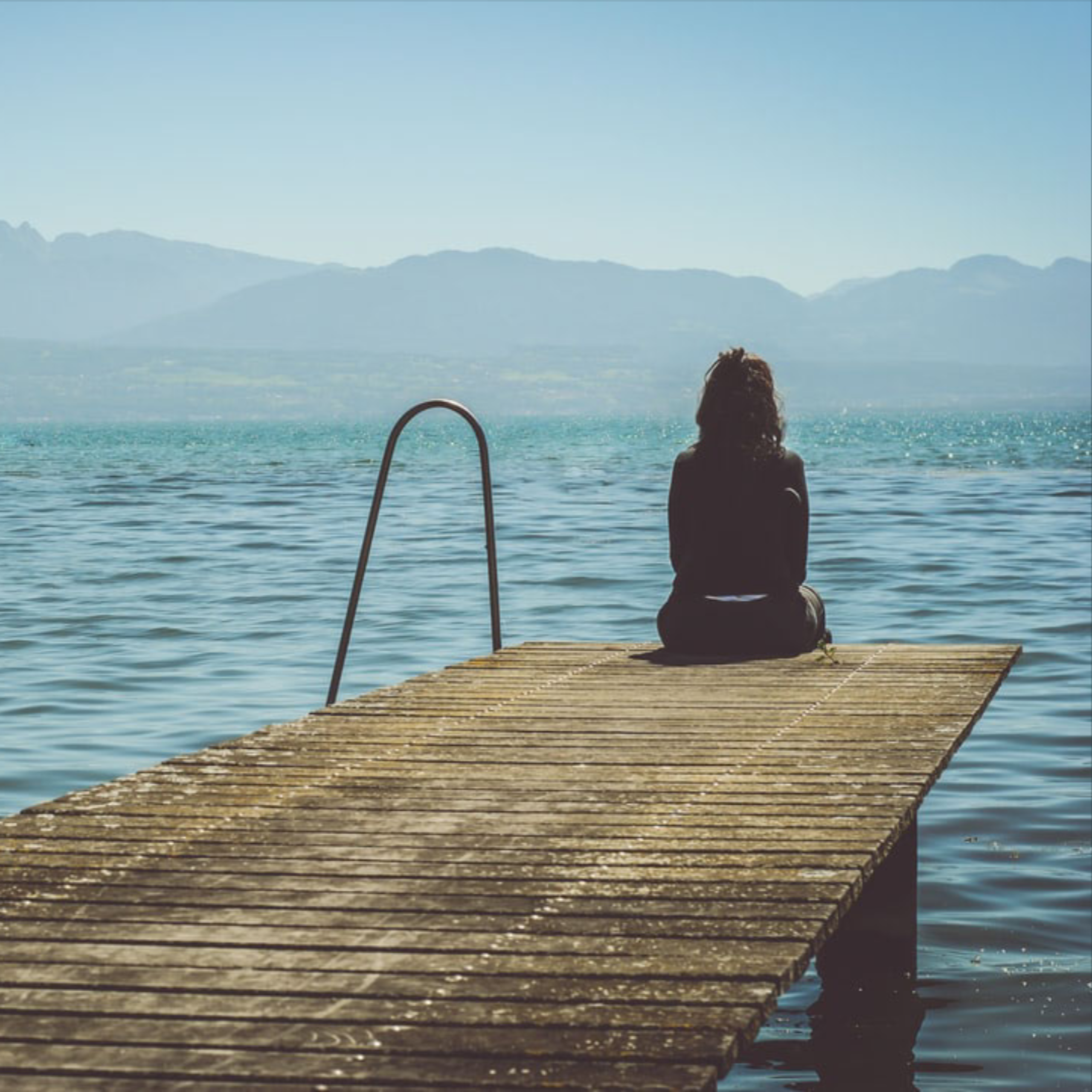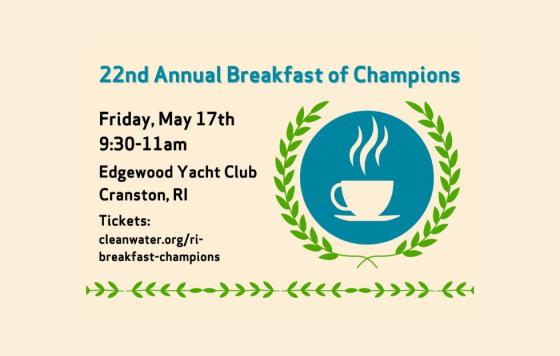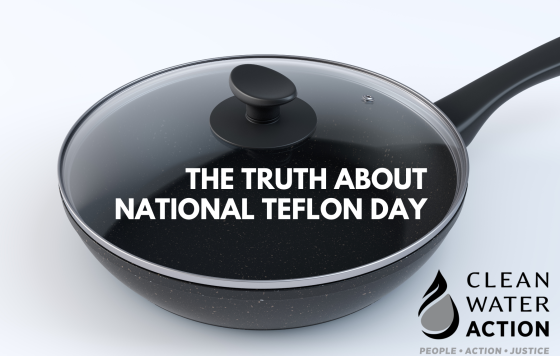
The Summer of 2019 is over and in New Jersey, we’ve been slammed with an ugly effect of the climate crisis – more and often longer outbreaks of toxic algae.
Across New Jersey, rivers, lakes, and ponds that were popular sites for summer recreating were shut down and declared a threat to human health. The most popular site and headline-grabbing was Lake Hopatcong – long a destination for water recreation in New Jersey.
Welcome to the age of Climate Crisis - where everywhere we once knew and everything we once did will no longer exist unless we make fast 360-degree turn and make climate resiliency, carbon mitigation, and protecting clean water now and for future generations our focus.
As the climate warms, ecosystems shift, and the environment continues to struggle for equilibrium, we as humans have a choice to make; continue as we’re going or bravely change course to ensure a thriving planet for future generations.
This summer, New Jersey’s waterways, once a welcome relief from summer heat and a joyful source of summer days spent kayaking, swimming, canoeing, paddle boarding, water skiing, and any other fun water activity, came under siege by toxic algal blooms. Contact with this algae causes skin rashes, flu symptoms, allergic reactions, respiratory problems, eye irritation, and pets to die.
Toxic algae is a serious health risk for our water, communities, and the economy. It’s only going to get worse as climate change warms our water and leads to more extreme weather. New Jersey was not the only state to be affected. States from Oregon to Mississippi were forced to close beaches for long stretches from outbreaks of toxic algal blooms.
The Administration’s response bordered on the ridiculous. The federal Environmental Protection Agency sponsored a student video contest “See a bloom, give it room” to promote awareness. While it may be prudent to teach youth to avoid contact, it does not get to the source of the problem; overdevelopment, runoff from farms and fields, and lack of adequate stormwater protections.
The EPA’s video contest came amidst the department’s rollback of a host of Clean Water Act protections.
Overdevelopment leads to the flow of toxins into our waterways. Clean Water Action has long advocated the avoidance of pesticides, fertilizers, and home cleaning agents that are toxic to the environment and human health.
A few tips for green cleaning and gardening can go a long way toward keeping our waterways safe:
- plant native species that filter contaminants and do not need fertilizers and pesticides to thrive
- inspects and maintain home septic systems
- pick up and dispose of pet waste properly
- use raingardens to filter storm water
A New Jersey law recently went into effect that allows for the creation of storm water utilities. Clean Water Action supported the bill because it gives towns the ability to better manage storm water runoff – the kind that is killing our waterways and threatening public health.
The bill, wrongly referred to as a “rain tax,’ means that towns can now have a tool to help manage the toxic runoff that happens from overdevelopment and bad building practices that do not incorporate green infrastructure to absorb the toxic runoff that wetlands, forests, and open spaces once did.
It’s a new world now that will demand better green practices if we, and our future generations, are to enjoy the natural world as we once did.



